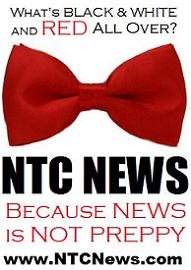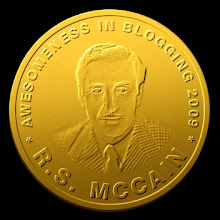[T]he thing that people now call the neo-con foreign policy is actually American foreign policy, and it goes back generations. And this idea, the shining city on a hill, as you know, goes back to the very founding. And I think it is a real American temptation to see America as a sort of secularized Israel, speaking in a biblical sense, and that we are that special nation set apart from all other nations to fulfill God’s providence. And that is a very, very common theme you hear in political discussions among Evangelicals on the right. But I think if anything, the last eight years and our experience in Iraq should have taught us Americans not to be so full of hubris, and that the idea that we know better than the rest of the world is just madness and folly. Unfortunately, it’s a bipartisan folly.The interviewer repeatedly misspells David Rieff's name, but I think Dreher is making reference to Rieff's essay in World Affairs, which is critical of the policy implications of "American exceptionalism."
Conservatives, having opposed so long the Left's "American the Evil" ideology, have in many cases succumbed to a counter-fallacy, deifying "democracy" and "human rights" in such a way as to justify almost any policy in an ends-justify-the-means rationale.
A perfect example is how some conservatives celebrate women's suffrage in Iraq and Afghanistan. I'm not even sure women's suffrage is such a good idea in America; I'm certainly not such an enthusiastic suffragette as to believe that "women's rights" should be imposed worldwide at the point of a bayonet. (Singapore is not a democracy. Should we invade them, too?)
American foreign policy should have exactly one object: The advancement and protection of America's national interests. It can be argued that the spread of democracy and free markets is in our national interest, but we simply don't have enough troops to do this by force.
The whole point of John Winthrop's "City on a Hill" metaphor was that the Massachusetts Bay colony would be an example to the world, for good or ill. Winthrop certainly wasn't envisioning America as a Crusader State, imposing egalitarian universalism on an unwilling world.
BTW, considering how Massachusetts has turned out, I'd say that Winthrop -- a devout Puritan -- would be thoroughly disappointed at the result of his endeavor.













No comments:
Post a Comment